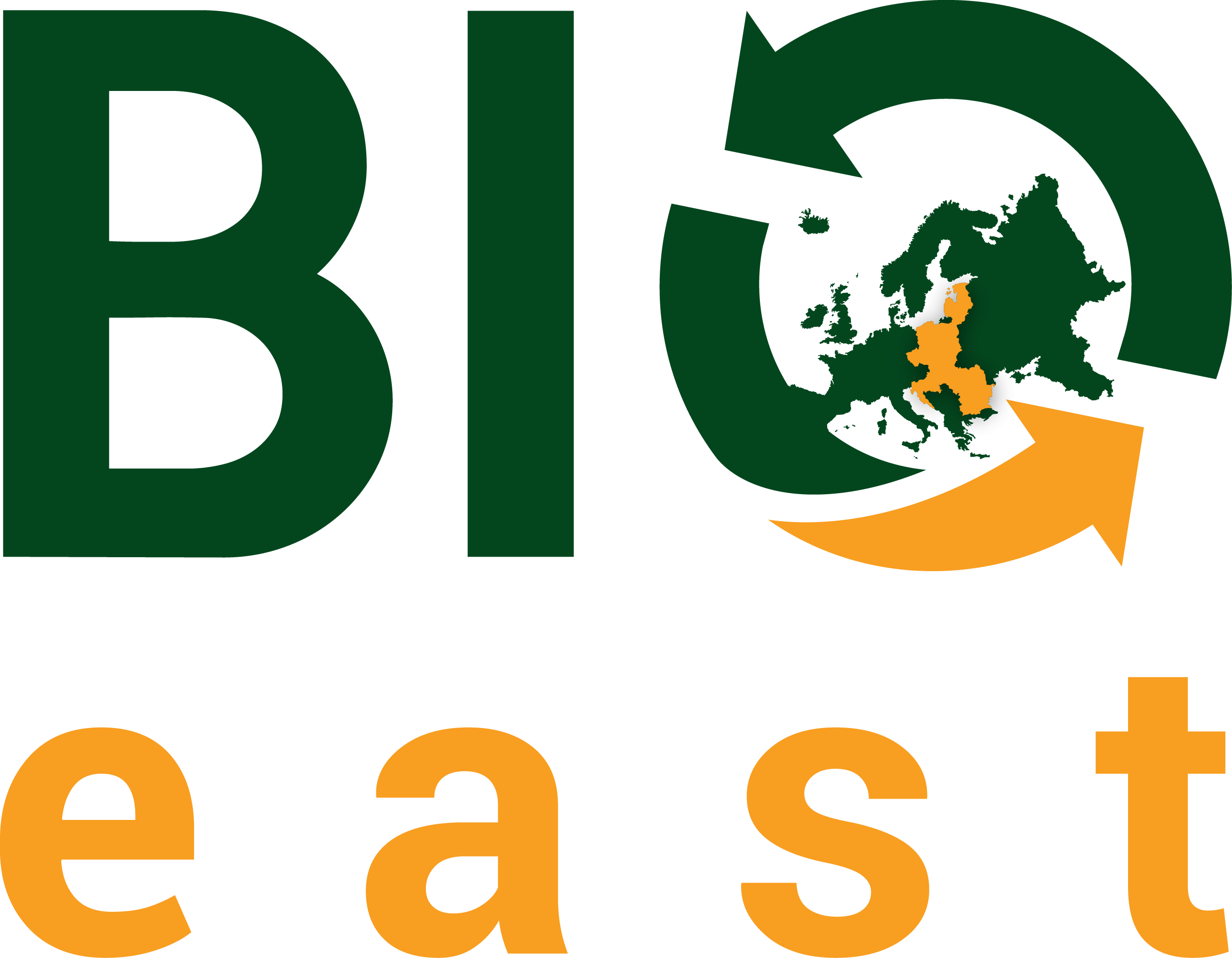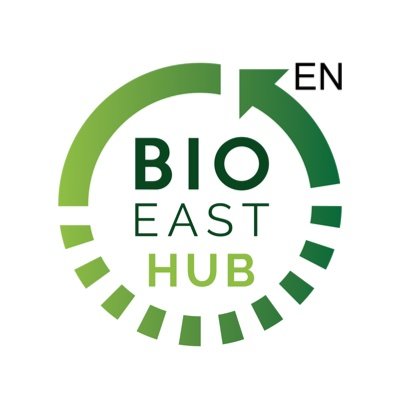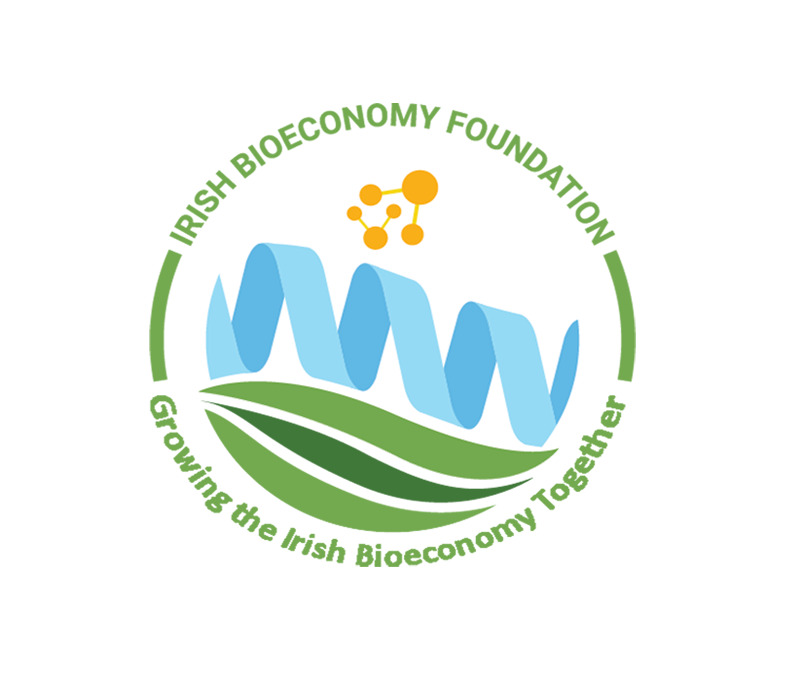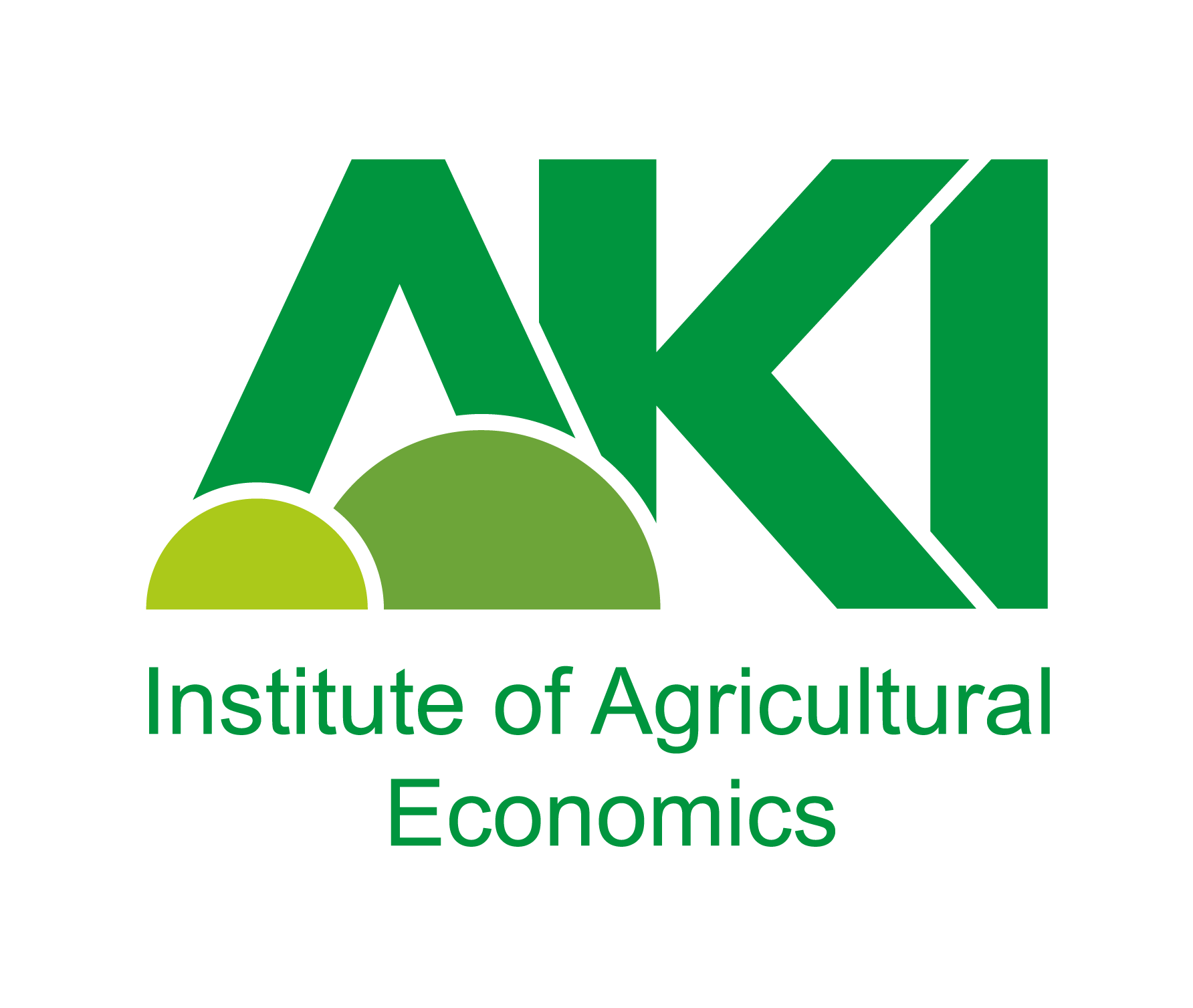Problem Statement
Despite growing interest in circularity and sustainability, awareness of the circular bioeconomy remains limited in Central and Eastern Europe. This lack of understanding hinders consumer adoption, career interest, and public acceptance of bio-based innovations. Traditional educational approaches, weak cooperation among educational institutions, and low industry involvement further slow progress in circular bioeconomy awareness-raising and education in the macro-region.
Key issues to be addressed
- Increase public awareness of the circular bioeconomy.
- Promote acceptance and demand for bio-based products and bioenergy.
- Increase awareness and promote behavioural change towards sustainable consumption.
- Promote the interest of younger generations in bioeconomy carrier choices.
- Modernise bioeconomy educational methods and topics.
- Enhance industry participation in education systems across Central and Eastern European countries.
- Strengthen collaboration among educational institutions and networks.
- Support the development of specific skills, when and where they are needed
Type of solutions we are looking for
We are looking for ideas, concepts or prototypes at different stages of development, close-to-market or market-ready solutions, to address –but not limited to– the following:
- Innovative educational methods and tools to communicate circular bioeconomy principles, its interdisciplinary nature, and its applications such as:
- Interactive digital learning modules
- Hands-on experiment kits
- Gamified learning experiences
- Virtual or augmented reality tools
- Curriculum materials
- Innovative and engaging approaches to raise awareness and promote behavioural change towards the circular bioeconomy such as:
- Marketing and communication campaigns
- Motivational systems and citizen engagement models
- Digital applications with gamification and nudging tools,
- Partnerships with local influencers and community leaders
- Circular bioeconomy carrier paths campaigns
- Training tools and capacity building programs for educators and policymakers on topics such as sustainable entrepreneurship, challenge-based learning, and finances and investment in bioeconomy.
- Collaborative approaches to improve the collaboration among educational institutions.
- Collaborative approaches to uptake biobased industry priorities in educational programs and research.
Who can apply?

Technology based SMEs

Corporates

Start-ups and scale-ups

Entrepreneurs, individually or in a team

Students, academics and researchers, individually or in teams

Associations and consortia of farmers or other related stakeholder groups















